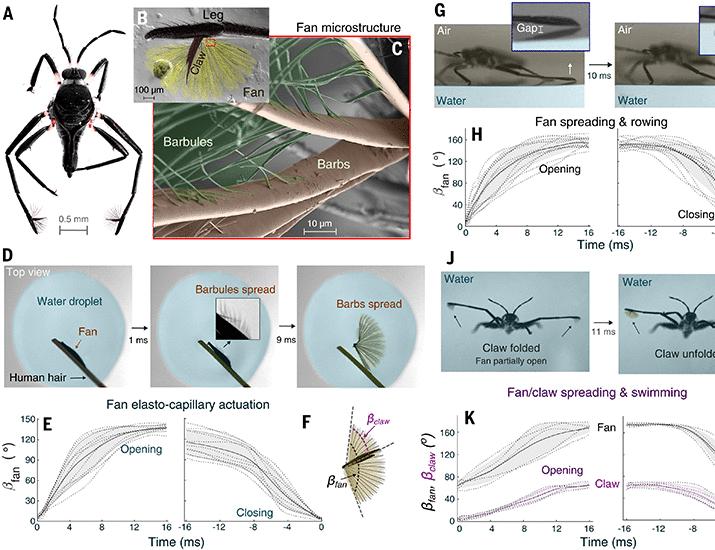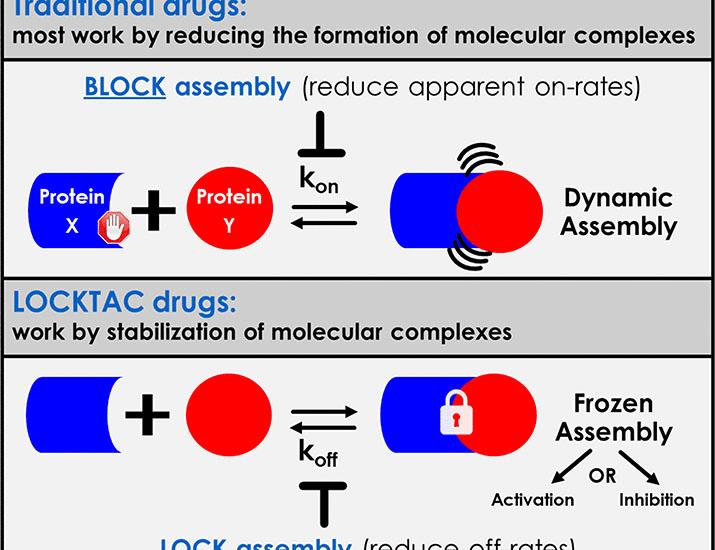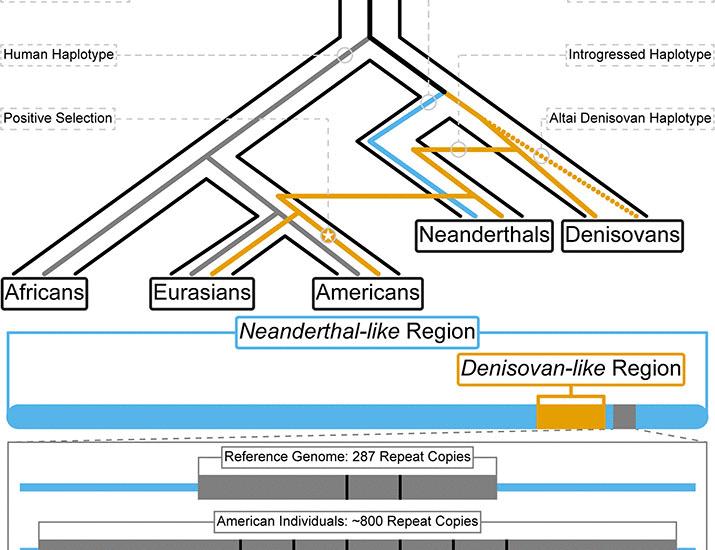Now Reading: Rethinking Ageing: Rapid Bursts Challenge Traditional Views on Growing Old
-
01
Rethinking Ageing: Rapid Bursts Challenge Traditional Views on Growing Old
Rethinking Ageing: Rapid Bursts Challenge Traditional Views on Growing Old

Quick Summary:
- Research on Ageing Patterns: A study reveals humans experience abrupt bursts of ageing rather than a gradual decline, significantly impacting health at the ages of around 40, 60, and 80.
- biological Impacts: These tipping points lead to molecular changes affecting metabolism (e.g., alcohol tolerance), muscle deterioration, skin ageing, immune cell loss, and heightened heart disease risks.
- insights from Other Species: Similar rapid declines in health are observed in fruit flies (“Smurfs”) as they near death. Research reveals gut permeability as a key marker before mortality.
- Underlying Mechanisms: Molecular damage accumulation surpasses repair capabilities. Lifestyle factors such as diet and exercise may influence the onset of these transitions but need further exploration.
- Potential Interventions: Researchers propose personalized strategies categorized by age stages to prevent accelerated ageing. Future drugs could target these tipping points specifically.
Indian Opinion Analysis:
The research findings suggest critical implications for India’s public healthcare system and policy design concerning elderly care. With an estimated rise in elderly population due to longer life expectancy trends, managing age-related diseases will require innovative approaches supported by scientific insights like these tipping points.
India’s healthcare infrastructure may need a stratified approach based on distinct biological ageing stages-early middle age (around 40),late middle age (around 60),and old age (after 80). Strategies such as promoting lifestyle changes through public awareness campaigns targeting younger populations might delay harmful effects seen during transitional spikes.
Moreover, support for advanced gerontological studies-perhaps involving collaborations with global institutions-is essential for understanding how genetic predispositions or environmental influences uniquely affect Indian demographics. This could prepare policymakers better to address India’s aging crisis effectively while aligning it with emerging frameworks proposed internationally.



























